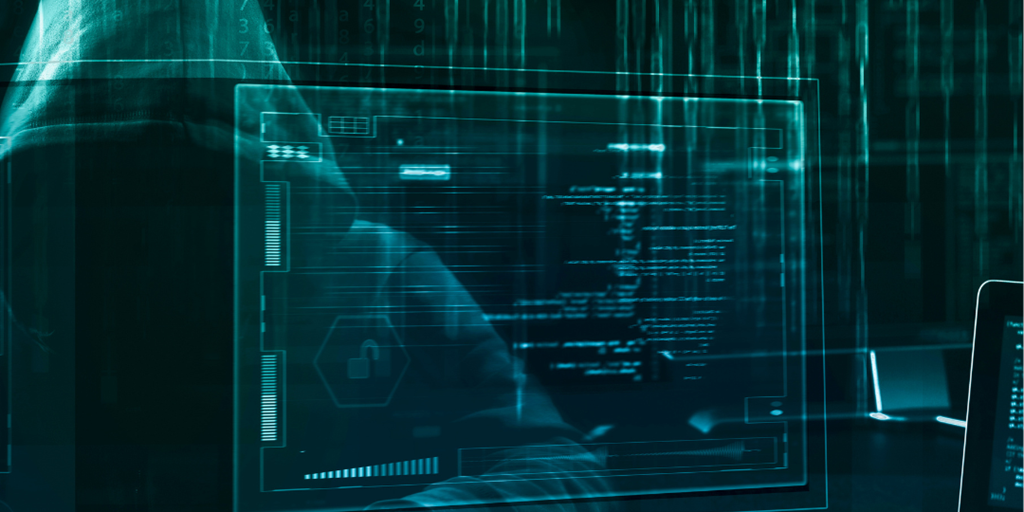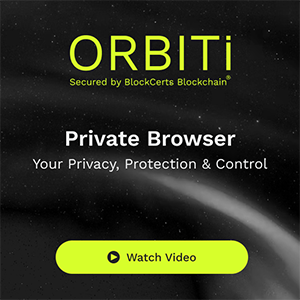How to Prevent Getting Scammed on the Internet

With the amount of information available on the internet, it can be difficult to determine what is real and what isn't. The age of "fake news" has made it even more difficult to discern between fact and fiction. So, how do you tell if what you're buying is the real deal?
While there are some telltale trade tricks to look for in the future, it will all come down to authentication, blockchain tracking and certification.
Today, anyone with an internet connection can buy and trade investments from the comfort of their own home. This convenience has revolutionized the way we invest, but it has also opened up opportunities for scams. If you're not careful, it's very easy to get duped into buying fake or worthless investments. So how can you tell if news, a purchase or an investment is authentic?
No More Fake News
First, fact-check. If you read an article on social media that sounds outrageous, you need to verify the information before reposting or sharing with family and friends.
Most of the time, companies on social media platforms like Facebook and Twitter post egregious article titles such as "3 Reasons You Need to Stop Eating Peanut Butter Cups" (an article shared over 270,000 times on Facebook with no scientific knowledge to back up the claim) to "clickbait" you into reading the entire article.
To verify the information, you can search the article topic and see if there are more news outlets posting that story. You can also run the title through Google's "Fact Checker" tool to determine if it's real or fake.
Research, Research, Research
In addition, you should always research any purchase or investment thoroughly before buying. Make sure you understand exactly what you're buying, and why it has value. Reading reviews from various sources is especially key. If you can't find any information about an investment or a website, or if the information seems contradictory or confusing, that's a red flag. You should also be wary of investments that seem to be much less expensive or guarantee results; in general, these are too good to be true.
If a pair of Nike Jordan's are $120 on their website and $60 on another, it's almost guaranteed the second pair are knock-offs. Cheaper does not always mean better, so make sure when you're investing or purchasing that you're researching multiple sources to make sure everything seems legitimate.
Verify the Business
Always exercise caution when dealing with new or unknown businesses. Be sure to only deal with businesses that have a good reputation, and don't hesitate to ask questions if something doesn't seem right.
Do not only rely on reviews from their website or social media, many scam companies will post fake reviews or followers to make them look real. If their website has spelling errors or does not include a secure method of payment like "PayPal", back away.
Check Certifications
Another way to tell if an investment is real is by looking for certification from a reputable organization. For example, stocks listed on major exchanges like the NYSE or NASDAQ will have undergone a rigorous review process and be vetted by experts.
You can also look for blockchain-based investments; because these transactions are public and verified by a network of computers, they're much harder to fake. Blockchain combined with certifications or authentication from the source is and will be the most effective way to make sure your purchase is legitimate.
“The exciting development when combining certification and authentication from the source, with blockchain, our TrackCERTin product and QR codes, is providing a new level of trust for consumers and customers.” Said Dan Gay, CMO of BlockCerts. “We’re working on tracking programs for numerous products and programs, contact us to see how we can help your company”.
BlockCerts prides itself on "Trust, Truth and Transparency". Providing verification and authentication to businesses and consumers through blockchain, allows businesses to guarantee their services, and grants consumers the peace of mind to know their purchases are going through a legitimate website. As we see this shift into transparent transactions on the internet, verification is becoming vital to the success of business/consumer relationships.
In conclusion, it's important to be careful and do your research. There are a lot of scams out there, and it's not always easy to tell what's real and what's not. The best way to protect yourself is by looking for certification from reputable organizations, checking for blockchain verification, and exercising caution when dealing with new businesses. For more information on how to authenticate a business on the blockchain, click here.
To enable comments sign up for a Disqus account and enter your Disqus shortname in the Articulate node settings.






